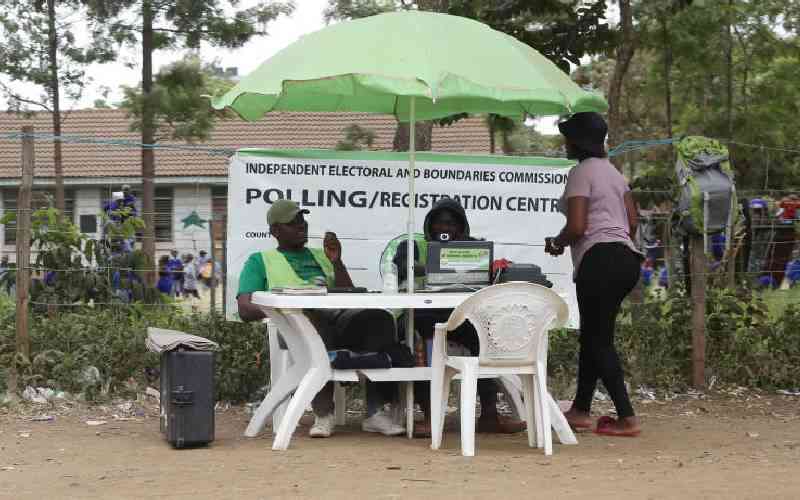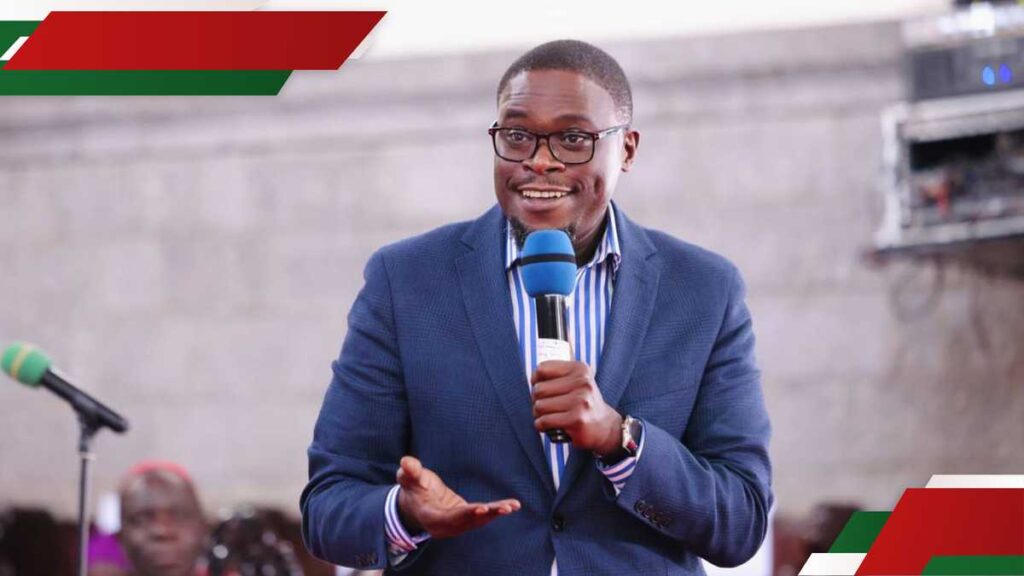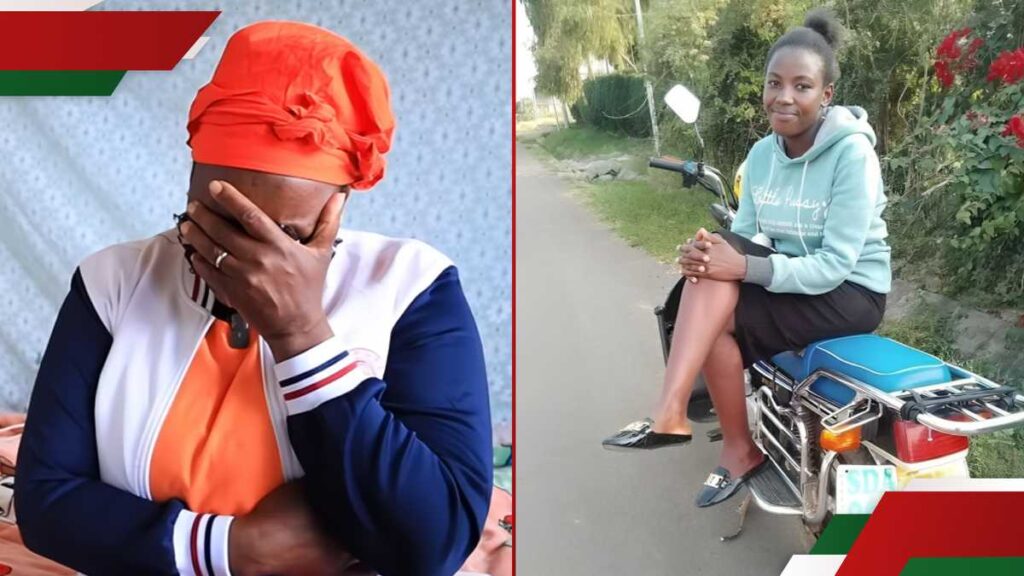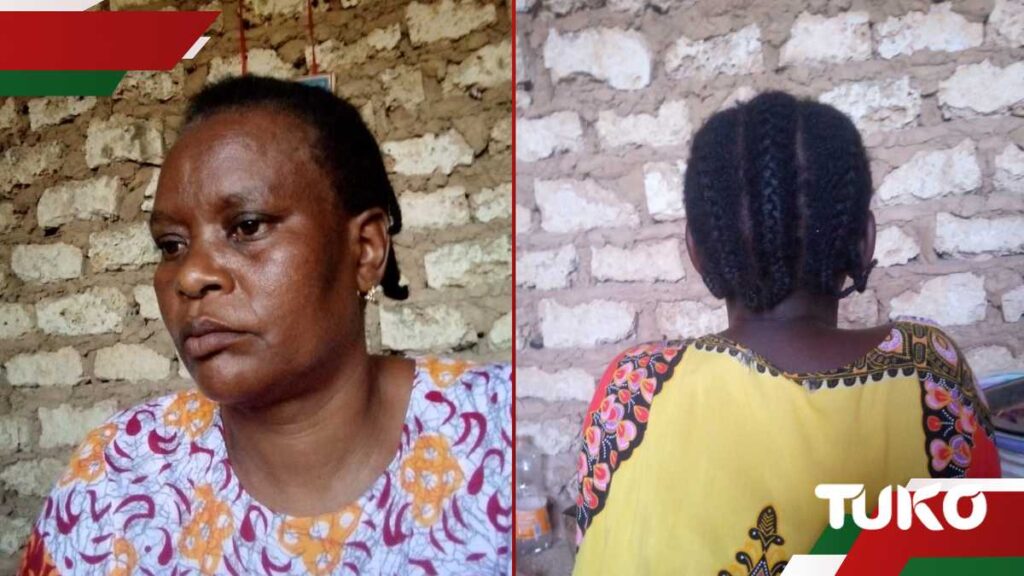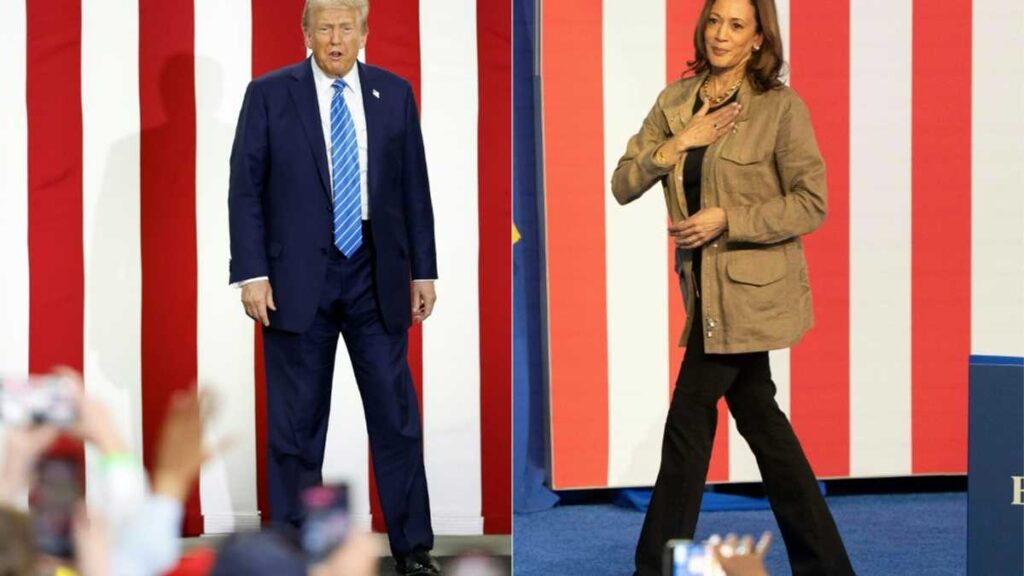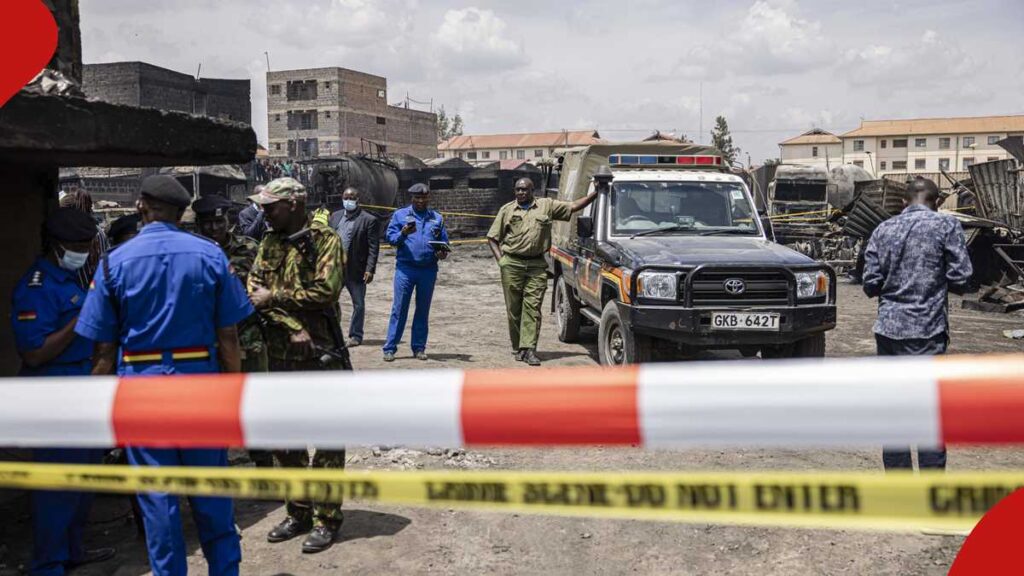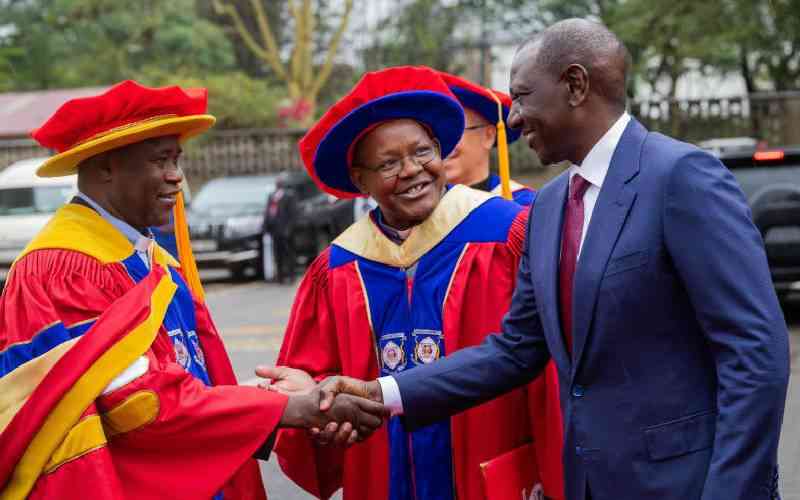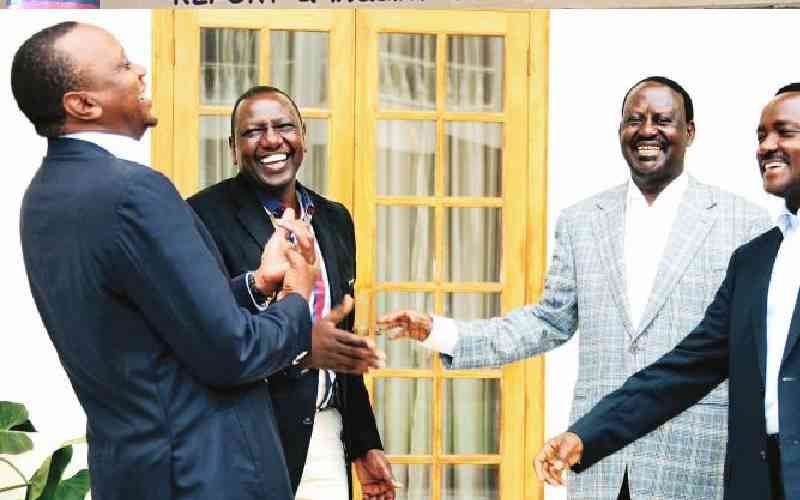The country is staring at a constitutional crisis should the Independent Electoral and Boundaries Commission (IEBC) fail to delimit boundaries. Already, the delimitation of boundaries is overdue by over ten months.
Experts are now warning that the 2027 general elections could fail to take place as scheduled if petitioners unhappy with IEBC’s failure to conduct the now overdue exercise file cases in court.
This, they say could lead to political instability in the build-up to the high-stakes elections.
Constitutional lawyer Bobby Mkangi opines that while the lack of conducting the delimitation exercise may not lead to a nullification of the 2027 election results, the development may attract legal hurdles that could bar the holding of the elections.
“Someone could move to court to block the elections on the basis that Kenyans do not have fair representation in the sense that they are still using the old 2012 boundaries, given that the delimitation exercise which could potentially lead to more constituencies and wards was never undertaken. I foresee that happening, “said Mkangi.
The lawyer, who was a member of the committee of experts that drafted the 2010 Constitution, spoke shortly after National Assembly Speaker Moses Wetangula said the delimitation of boundaries was highly unlikely to be conducted before the 2027 elections.
Wetangula, who spoke during the ongoing mid-term retreat for Members of Parliament in Naivasha on Wednesday, expressed fears that the boundaries review exercise may be the biggest casualty of the delayed reconstitution of IEBC.
“The delay in the reconstitution of IEBC has stalled crucial activities, including boundary delimitation, which is vital for the country’s electoral system, as well as the conducting of by-elections in constituencies and wards that have vacancies. It may also make it impossible to create additional constituencies to the existing 290 ahead of 2027,” Wetangula said.
Article 89(2) of the Constitution provides that the IEBC shall review names and boundaries of constituencies at intervals of not less than eight years, and not more than 12 years. The last review was carried out in March 2012. So, March 2024 was the desired deadline for the exercise.
The lack of commissioners, following the exit of chairman Wafula Chebukati and commissioners Boya Molu and Abdi Guliye, whose tenures expired in January 2023, has compounded the situation.
Four other commissioners; vice chairperson Juliana Cherera, Francis Wanderi, Justus Nyang’aya and Irene Masit, were kicked out of office following their rejection of the 2022 presidential election results that declared President William Ruto the winner.
And despite the IEBC selection panel being sworn in earlier this month, what awaits them is a tedious process of recruiting commissioners who could be appointed in the next three months.
They are consequently required to have concluded the delimitation exercise 12 months before a general election.
Wednesday’s court ruling that suspended the 2019 census results for three North Eastern counties and ordered for a fresh mini-census within a year has also thrown a wrench in the works.
Stay informed. Subscribe to our newsletter
The High Court of Kenya annulled the 2019 census results for Wajir, Mandera and Garissa counties citing discrepancies.
This was after Abdullahi Bashir Sheik and 24 others accused Kenya National Bureau of Statistics (KNBS) of overseeing the anomaly, claiming that the November 2019 census was not a factual representation of the total population in the region.
They further accused KNBS of altering the population numbers, arguing that it impacted their social, economic and political standing as other Kenyans stood to gain more resources.
For IEBC to conduct the boundaries review exercise, it would have to do it after KNBS completes the mini-census.
To avoid a constitutional crisis, Mkangi noted that an advisory sought by IEBC Chief Executive Officer Marjan Hussein from the Supreme Court could come to the rescue.
In November last year, Hussein said the electoral body had in July 2024 filed a reference requesting an advisory opinion from the Supreme Court on how to proceed, taking into account the elapsed deadline and absence of commissioners.
“We crave the Supreme Court’s advisory opinion on issues, including whether IEBC can undertake the process of delimitation in the absence of commissioners, whether it can conduct a review of the names and boundaries of constituencies and wards when the timelines have elapsed and whether the constitutional timelines can be extended,” Marjan said.
He further said that during the boundaries review, IEBC would not alter the number of constituencies, which are currently 290, but could only re-name or re-organise them. For the 1,450 wards, however, he said their numbers could be altered and renamed.
Some of the targeted constituencies in the parliamentary boundaries delimitation include Othaya, Ndaragwa, Budalang’i, Vihiga, Voi, Wundanyi, Mwatate, Galole, Bura, Isiolo South, Samburu East, Laisamis, North Horr, Saku, Kilome, Mukurweini, Mbeere North and Mathioya.
Others are Kangema, Marakwet East, Keiyo North, Tetu, Mogotio, Lamu East, Lamu West and Mvita.
Thika Town MP Alice Ng’ang’a had introduced a proposal in the National Assembly last year to amend Article 89 of the Constitution to protect 26 constituencies that were protected in the first boundaries review, even after failing to meet the population quota requirement and which risk being merged with others when IEBC conducts the second review.








